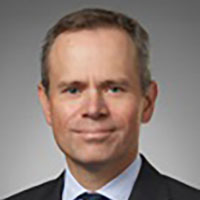Ethics for New Lawyers: Changes to California’s Civil Discovery Rules Have Ethical Implications
Ethics for New Lawyers: Changes to California’s Civil Discovery Rules Have Ethical Implications

Since the California Supreme Court approved comprehensive revisions to the Rules of Professional Conduct in 2018, the duty of competence has been preeminent among the obligations imposed. Subdivision (b) of Rule 1.1 includes a two-part definition of competence: “For purposes of this rule, “competence” in any legal service shall mean to apply the (i) learning and skill, and (ii) mental, emotional, and physical ability reasonably necessary for the performance of such service.”


